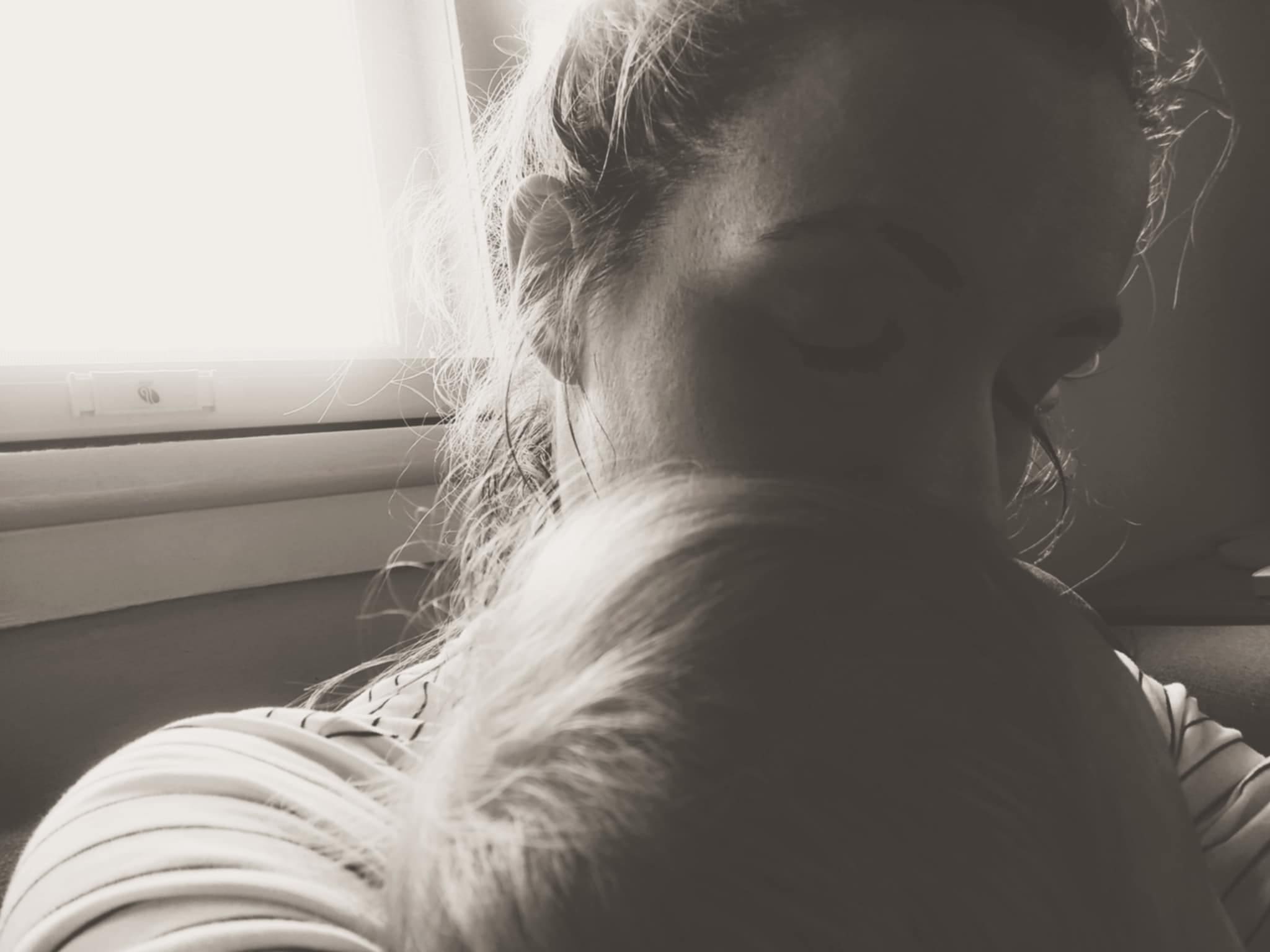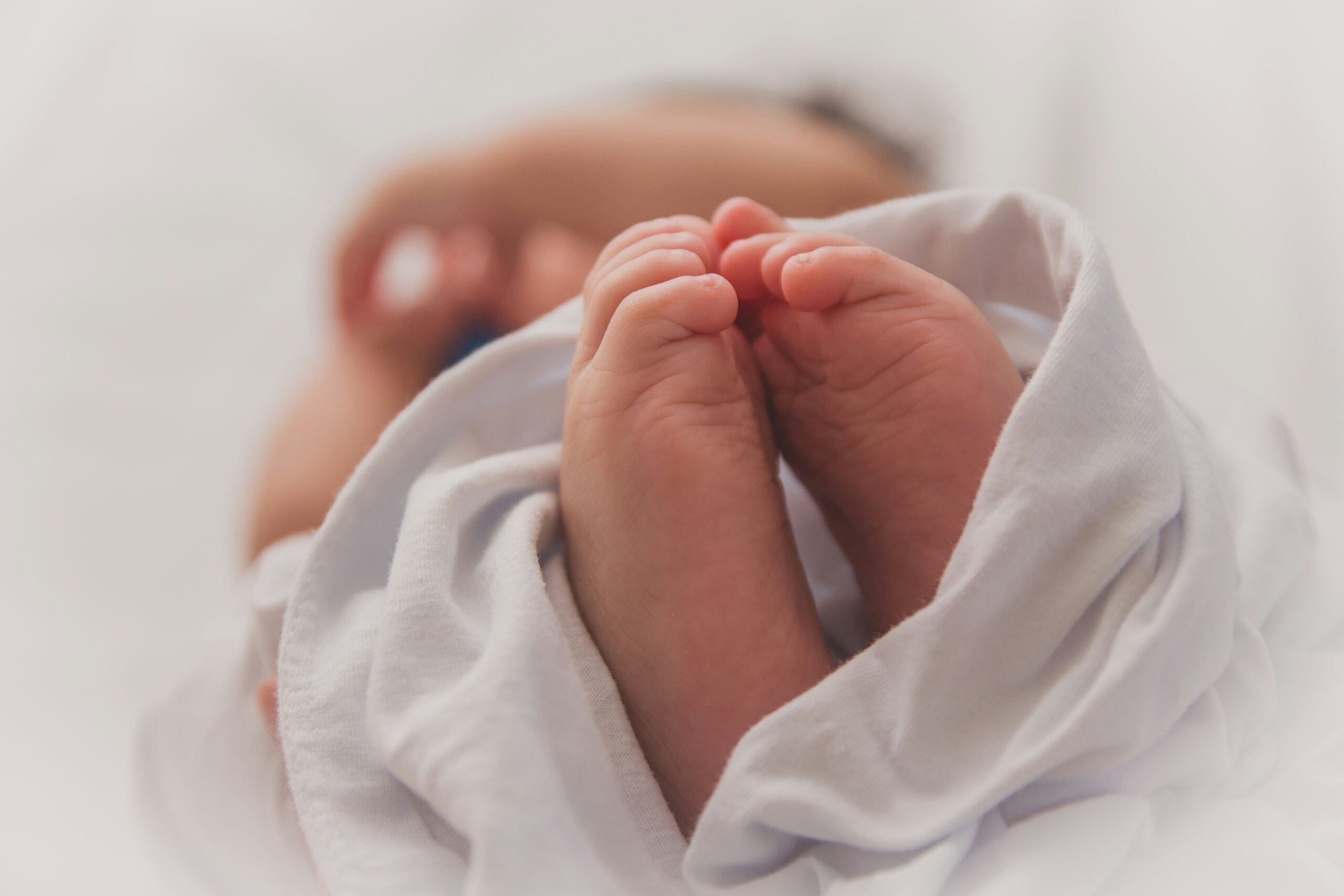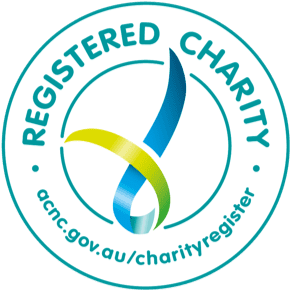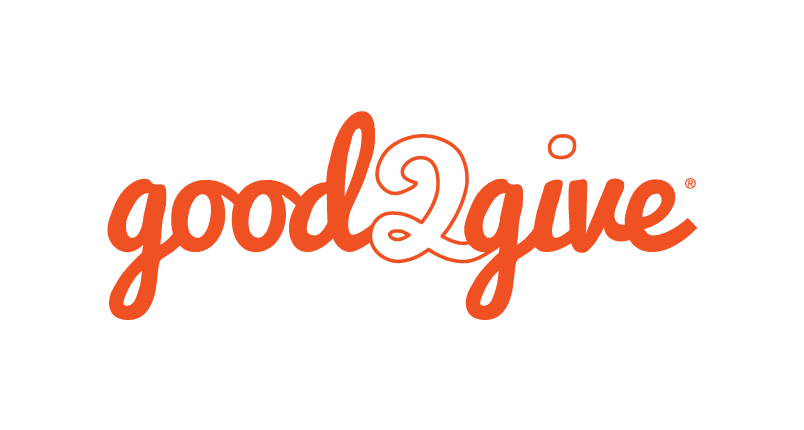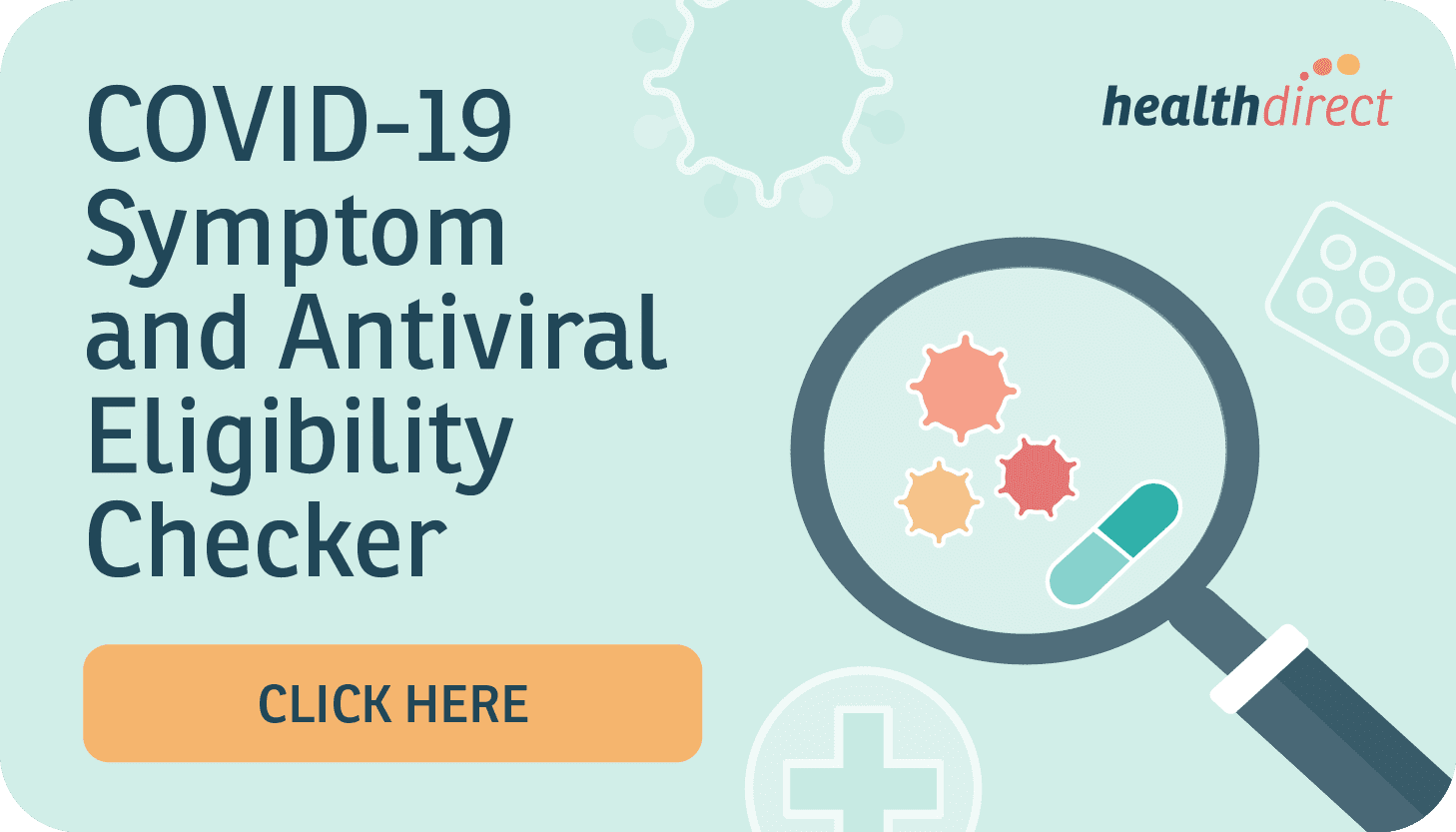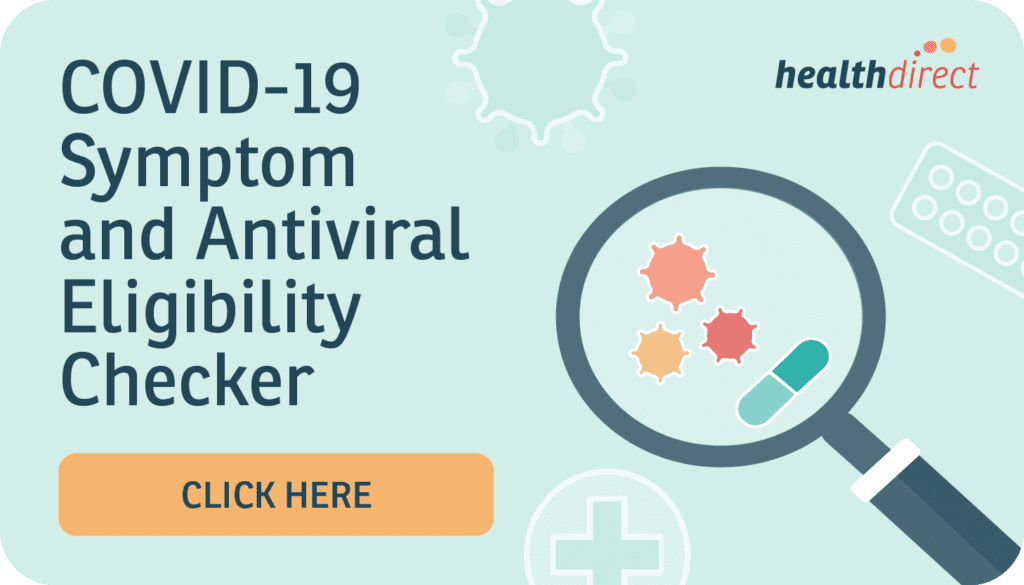Trigger Warning: This story mentions details about PTSD, child abuse, sexual assault, haemorrhage, prolapse, tear and postpartum depression. If you are triggered by these topics you may wish to skip this blog or read it once you have support available. If you are seeking support for your birth trauma, you may wish to contact our Peer Support Service.
*Trigger warning – child abuse, sexual assault, haemorrhage, PTSD
Birth Trauma is such a sensitive topic that it is not often discussed. Postpartum depression seems to have lost its stigma but what about PTSD from childbirth? It’s real and not often discussed. Suicide is the leading direct cause of maternal death in Australia.
So many midwives and obstetricians are not even aware of that fact. I was one of them.
I was a recently qualified midwife when I became pregnant with my first child. I knew how I wanted my birth to be, knew exactly what I wanted, who to have there. A five-page birth plan including what I’d like a caesarean to look like if I needed one. I thought I was prepared. Boy was I wrong!
Anxiety kicked off big time in early pregnancy. Having a history of childhood sexual abuse and rape in my teens. I thought I’d dealt with a lot of things but it would soon be revealed that I clearly hadn’t. I didn’t have a remarkably high Edinburgh Postnatal Depression Scale (EPDS) score either. I ended up with gestational diabetes which is pretty common these days. Big baby. Induction. It was all in the cards. I wanted to avoid induction of labour but my blood sugars started being a bit abnormal and anxiety and stress factored in to my decision to take up this option at 38 weeks.
I ended up having a quick labour after induction which surprised us all and It was so intense that I tore badly, haemorrhaged and had to go to theatre afterwards. Three main things stood out for me during therapy which was a rape flashback, the physical sensation of blood gushing out and separation from my baby after birth for over 4 hours.
I didn’t stop crying for 6 weeks and I kept telling myself how lucky it was she was healthy. Physically I was ripped and broken. Sore all over and exhausted. I had a vaginal wall prolapse which I wasn’t aware could happen after just one birth that was not an instrumental birth. Looking back, I was just in survival mode and no one told me about PTSD being a possibility.
I went back to work as a midwife with a breastfed baby who I had glued to me since she was born. That in itself was also traumatic for me as I did not want to but had to financially. I forced myself to be the best mother possible. If I wasn’t working I was feeding and cuddling my baby. I lost friendships which only isolated me further. I was in survival for a good year whilst suffering post natal anxiety and depression.
I started to come out of this about 16 months after the birth. It wasn’t until 2 yrs after did I clue on that it might be PTSD and seek help which is when suicidal thoughts crept in. Normal Cognitive Behavioural Therapy (CBT) counselling wasn’t working as great as I’d hoped, medication didn’t sit well or work for me. My work as a midwife was now severely impacted by my PTSD. Working in your triggers is simply horrific and incredibly difficult to manage and I’d finally reached my limit.
It was then I sought help with the Australian Birth Trauma Association Suppprt Group and found out about Eye Movement Desensitisation and Reprocessing (EMDR). Right away I knew that is what I needed. I found that few people in my area practised this so it was hard to find them nearby. I was determined as my instincts told me this was the answer.
It was a 3 month wait to get into someone and with weekly sessions it gets expensive but I saw results immediately. I had to start from my childhood abuse, rape, panic attacks and then my birth, it was interesting to feel emotions I thought I’d dealt with. Memories I’d forgotten. The best part is you don’t need to share all the details with someone. You think about the memory and follow their fingers with your eyes so you can keep things private and still have results, and relatively quickly too.
Three months in to EMDR and I can finally feel me again and not be consumed with my birth trauma. We had a lot to work on and I’m still in sessions but I’m healing and feeling like I can move on and practise like the midwife I want to be again. My physical health has also improved drastically too.
PTSD in birth is not frequently discussed and is so common its frightening. The majority of women don’t seek help until 2 to 4 years after the birth which is the peak for PND and PTSD to occur and was spot on for what happened with me.
If we had people mentioning it sooner or offering this sooner, would it take us that long to seek help? I don’t think so. If someone mentioned EMDR to me years ago I would have done it then. There definitely needs to be more awareness and funding for EMDR as a first-line treatment for recovering from any birth trauma.
– Anonymous –
If you think you or someone you know is suffering from PTSD after birth trauma, you can contact our P2P Support Program for a judgment-free chat with a peer mentor and they will guide you to services that can assist. You are connect with women who are also on their birth trauma journey via our Facebook Support Group.

